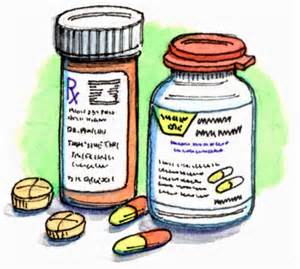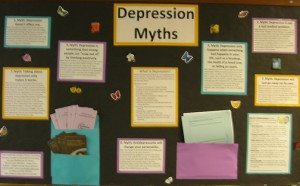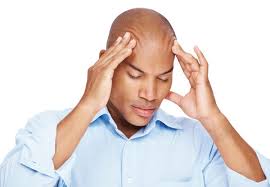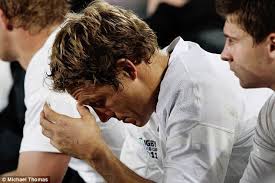If you or a loved one is suffering from depression, it can be hard to weed through all of the information, pros and cons, of using prescription drugs in order to treat your symptoms. While there are of course ups and downs, good and bad, hopefully this article can help you understand the different options, and why one might be right for you and your recovery.
Prescription Drugs Help You Overcome Your Depression
 Prescription drugs help you overcome your depression by altering the chemicals in your brain to stabilize your mood and can even help you produce more of the good feeling chemicals. There are many supplements available that can claim to do the same thing as a prescription will, but many of these are not strong enough to feel a noticeable difference for many people.
Prescription drugs help you overcome your depression by altering the chemicals in your brain to stabilize your mood and can even help you produce more of the good feeling chemicals. There are many supplements available that can claim to do the same thing as a prescription will, but many of these are not strong enough to feel a noticeable difference for many people.
In order to get a prescription for these mood boosters, you will need to visit a doctor or a psychologist who can write scripts. A diagnosis of depression will need to be made. This can be done through going over your symptoms with your doctor.
Some prescription drugs are more expensive than others. Your insurance company may cover generics but not name brands. If cost is a factor to you, make sure you discuss this with your doctor as well when he is writing the prescription. Often they can check with your insurance company to find out what brands, types, or doses will be best covered for you so that you have as little out of pocket expense as possible.
Anti-depressants can have some side effects. Many of these carry a warning that if your mood worsens, or if you have suicidal thoughts or actions, you should stop taking them immediately. Many doctors will prescribe you a very low dose of the drug for the first few weeks to see how you tolerate it before having you take a full dosage. In the same way, you cannot simply stop taking a drug when you feel better. You must slowly lower your dose until you can wean yourself off of it completely.
Prescription Drugs known as a useful and effective medication
The effectiveness of these prescription drugs can be very helpful. Depending on the cause of your depression, anti-depressants can make all the difference in the world for some people. They are meant to be used in conjunction with therapy though. Just taking a feel good pill once a day isn’t going to solve all of your problems, they are just a tool to help you get better faster.
Anti-depressants also have to build up in your system. They don’t work overnight. It can sometimes take weeks in order to really see the benefit of the drug.
If you have tried traditional routes to deal with your depression and haven’t seen the results you desire, it may be time for you to consider taking anti-depressants or other prescriptions to deal with your depression. While these prescription drugs can carry side effects, as with any drug, the benefits can often outweigh the possible negatives. In the end though, it is really a decision that is up to you and your doctor.








